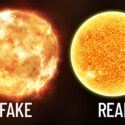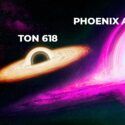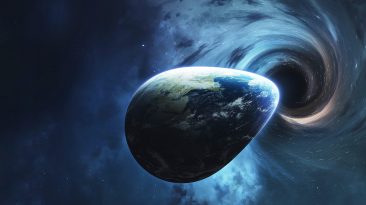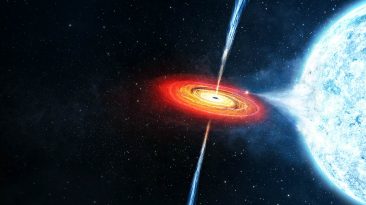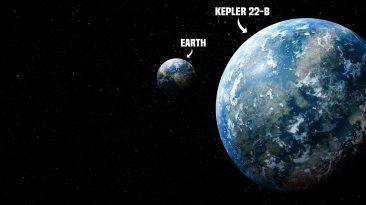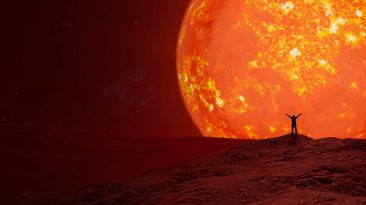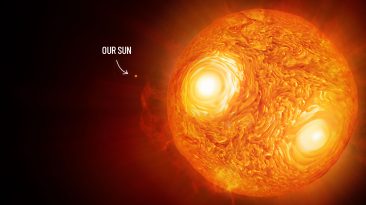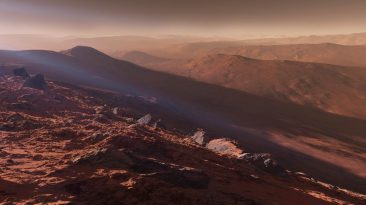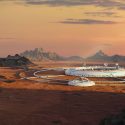In a galaxy far away, gravity didn’t quite work the way it does on Earth. And the speed at which everything moved was really weird too. Maybe, some places in our vast Universe just don’t abide by our laws of physics? And if that was true, what would it mean for us?
If you stargaze long enough, and I mean really long, you might notice that the galaxies are getting further apart. Here’s the deal with our Universe. For all we know, it started as a single point, and it’s been expanding ever since the Big Bang.
Although gravity is supposed to crash things back together, the galaxies keep moving away from each other, driven by a mysterious, hypothetical force we call dark energy. And it’s speeding up.
A few studies have shown that some places in the Universe aren’t expanding the way we expect them to, making our understanding of the principle laws of physics (pause here) wrong. So what if everything we know about the Universe is wrong?
If every corner of the Universe turned out to be different, it would crash the cosmological principle that explains how the Universe works. We see the Universe as isotropic, or uniform. We expect stars, planets, and galaxies in the furthest corner of the Universe behave exactly like they do here in the Milky Way galaxy.
A non-uniform Universe would be anisotropic. And all that would mean is that the fundamental laws of physics aren’t universal after all.
Some distant places in the Universe could have totally different cosmological constants, like the speed of light. In our corner of the Universe, light travels at 300,000 km/s (186,000 mi/s). And nothing can travel faster than light.
But in an anisotropic Universe, the speed of light could be different. In some places, it might be faster, allowing some alien civilizations to travel very quickly across their galactic neighborhood. But in other places, the speed of light might be slower, making everything in that part of the Universe move much, much slower.
Gravity could work differently across the Universe too. There could be planets out there, where gravity would be strongest on the objects with smaller masses. And maybe, just maybe, those planets would have stars orbiting them, and not the other way around.
Maybe some places in the Universe would have gravity that changes, depending on the time of day. And maybe the alien species inhabiting such worlds would have bodies that adapt to those changing gravitational conditions. But none of this would change how things work here on Earth. So what’s in it for us?
We determine the distance between objects in the Universe based on the principles as we know them. If the Universe isn’t uniform, we could be wrong about how far the Andromeda galaxy is from us, and how soon it will collide with our galaxy, the Milky Way. We could have miscalculated how long it would take to go to Proxima Centauri. We could have been wrong about the age of the Universe too.
If the Universe isn’t the same everywhere, then it might make space exploration easier for us. We’d just need to understand all the different principles of the Universe and use them to our advantage. But that could also make the interstellar travel more difficult, leaving us limited to only exploring and colonizing our own Solar System.
Sources
- “Rethinking cosmology: Universe expansion may not be uniform (Update)”. 2020. phys.rg.
- “Solved: The Mystery Of The Expansion Of The Universe”. 2020. phys.org.
- “Hubble Law And The Expanding Universe”. 2020. hyperphysics.phy-astr.gsu.edu.
- “This Is Why We Aren’t Expanding, Even If The Universe Is”. Siegel, Ethan. 2020. Forbes.
- “Cosmic Microwave Background: Remnant Of The Big Bang”. Howell, Elizabeth. 2018. space.com.


